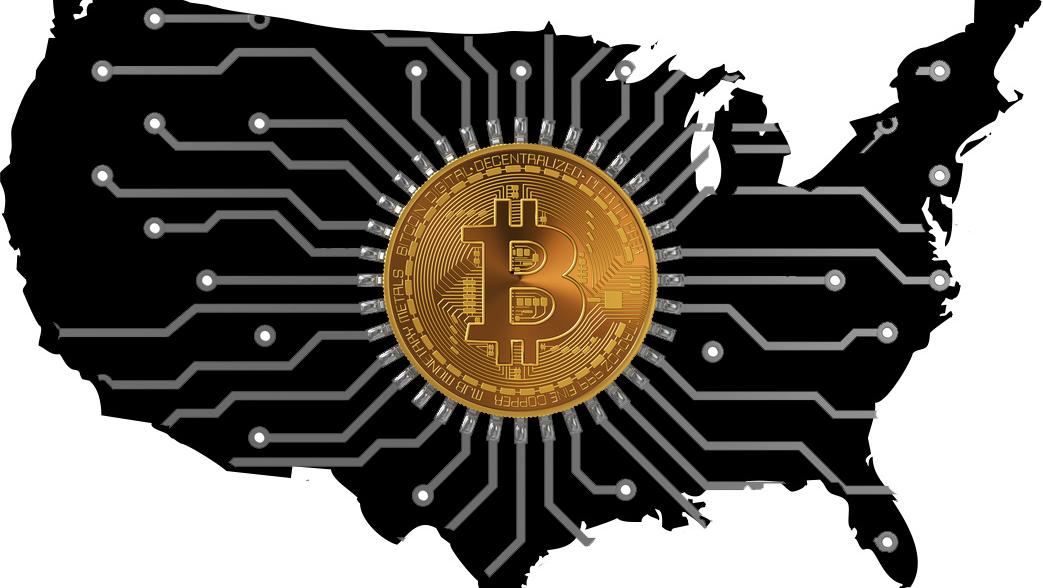PALO ALTO, Calif. (Reuters) - The Federal Reserve is taking a look at a broad variety of concerns around digital payments and currencies, consisting of policy, style and legal factors to consider around possibly releasing its own digital currency, Governor Lael Brainard stated on Wednesday. Brainard's remarks suggest more openness to the possibility of a Fed-issued digital coin than in the past." By transforming payments, digitalization has the Visit website prospective to deliver greater value and convenience at lower expense," Brainard stated at a conference on payments at the Stanford Graduate School of Company.
Main banks worldwide are disputing how to manage digital financing technology and the More help distributed ledger systems utilized by bitcoin, which promises near-instantaneous payment at possibly low cost. The Fed is developing its own day-and-night real-time payments and settlement service and is presently examining 200 remark letters sent late in 2015 about the suggested service's style and scope, Brainard stated.
Less than 2 years ago Brainard told a conference in San Francisco that there is "no compelling showed need" for such a coin. But that was before the scope of Facebook's digital currency ambitions were widely known. Fed officials, including Brainard, have actually raised issues about consumer protections Click for source and data and personal privacy hazards that might be postured by a currency that could enter usage by the 3rd of the world's population that have Facebook accounts.
" We are working together with other main banks as we advance our understanding of reserve bank digital currencies," she stated. With more countries looking into providing their own digital currencies, Brainard stated, that adds to "a set of factors to also be making certain that we are that frontier of both research and policy development." In the United States, Brainard said, problems that require research study include whether a digital currency would make the payments system more secure or easier, and whether it could position financial stability risks, consisting of the possibility of bank runs if money can be turned "with a single swipe" into the central bank's digital currency.
To counter the financial damage from America's unprecedented nationwide lockdown, the Federal Reserve has actually taken unmatched actions, including flooding the economy with dollars and digital fed coin investing directly in the economy. Many of these moves got grudging acceptance even from many Fed doubters, as they saw this stimulus as needed and something only the Fed might do.
My new CEI report, "Government-Run Payment Systems Are Unsafe at Any Speed: The Case Versus Fedcoin and FedNow," details the threats of the Fed's present prepare for its FedNow real-time payment system, and propositions for central Learn here bank-issued cryptocurrency that have been dubbed Fedcoin or the "digital dollar." In my report, I discuss concerns about privacy, data security, currency manipulation, and crowding out private-sector competition and innovation.

Supporters of FedNow and Fedcoin say the federal government needs to create a system for payments to deposit quickly, instead of motivate such systems in the economic sector by lifting regulative barriers. However as noted in the paper, the economic sector is providing a seemingly limitless supply of payment innovations and digital currencies to resolve the problemto the level it is a problemof the time space in between when a payment is sent out and when it is received in a checking account.
And the examples of private-sector development in this location are numerous. The Cleaning Home, a bank-held cooperative that has been routing interbank payments in various forms for more than 150 years, has been clearing real-time payments considering that 2017. By the end of 2018 it was covering 50 percent of the deposit base in the U.S.